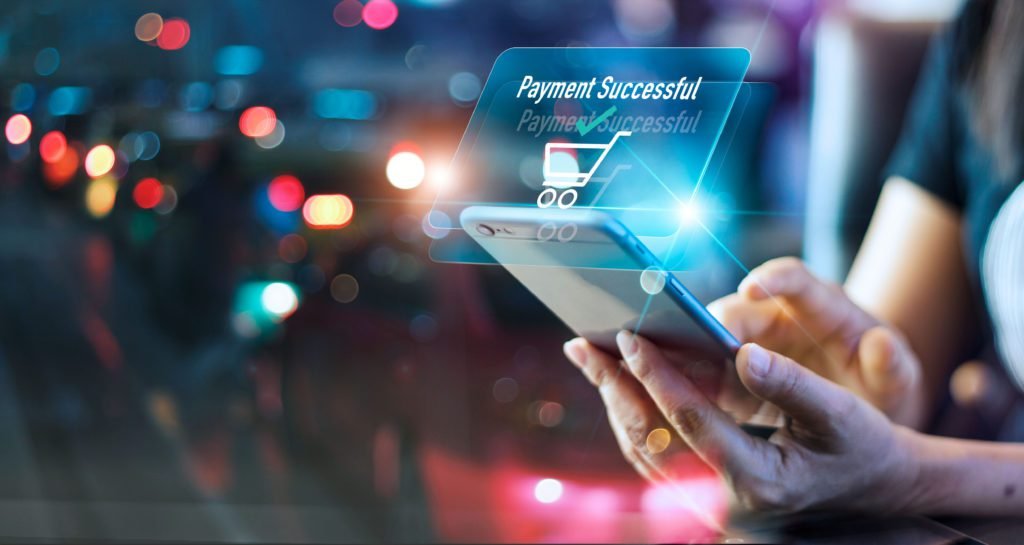Last updated on March 3rd, 2022 at 04:26 am
Blockchain is the base of digital cryptocurrencies that record the data, similar to any exchange, contract, and likes. It is an automated record and is accessible through several computer systems, which are not limited to a single place.
With digital currencies, blockchain impacts the financial and technical sectors drastically. Without involving the third-party intermediary, the blockchain protects the transfer of property, money, contracts, and likes. Further, due to its stable and reliable features, it is impossible to alter once any information is recorded inside the blockchain.
Today, in this technological era, blockchain is a valuable tool in the economic sector, storing information in chronological order. What makes this technology more valuable is that the central authorized organizations do not handle any of this information and that the users can directly access this information and do the transactions without any third-party involvement. Blockchain securely encrypts user information for carrying out such independent transactions and rarely is there any data breach.
Blockchain accesses information with simplicity, and its potential for relevant contracts and the well-formulated strategies to generate new business models help business undertakings to review and analyze the fundamentals of their business. Though further information is added to the blockchain record, the existing data can neither be altered nor removed from the current catalog.
There are multiple advantages of Blockchain technology:
- It establishes trust between different entities willing to engage in business dealings involving transactions or data sharing.
- It enables sharing data within the business ecosystem where no one, in particular, has the charge.
- It enhances security by creating an unaltered record of transactions and end-to-end encryption. It removes the chances of fraud and unwanted activity.
- It increases efficiency and speed and cuts costs by eliminating intermediaries, mediators, and vendors.
- It helps to track the origins of items.
- The transaction, once recorded, can never be altered or changed. It increases reliability.
- It protects the data while providing you the control of it.
- At Imarticus, we complete all the aspects of blockchain through the Fintech program.
Fintech Courses Online
Financial technology is the application of financial services to assist financial open financial technologies. Though its use is not restricted to the economic sectors, it expands to education, retail banking, fundraising, investment management, and non-profit organizations.
The Fintech course at Imarticus imparts the correct knowledge of various fintech aspects and operations. It will teach you in detail about financial technology applications through practical training and theoretical learning.
Financial Technology courses
The courses in financial technology provide training in APIs, AI/ML, Blockchain, Big data, lo T and AR/VR because these tools are essential for all the professionals associated with the financial sector. It will also help you understand the financial industry better by imparting the much desired financial expertise.
In the Fintech course, you will learn the standard modules of finance, financial modeling, machine learning, data mining, analytics, AI, and cloud computing.
The Fintech course is an add-on to your qualification as it helps you analyze the activities taking place in financial technology. After completing the course in financial technology, you will get a lucrative and recognized job.

